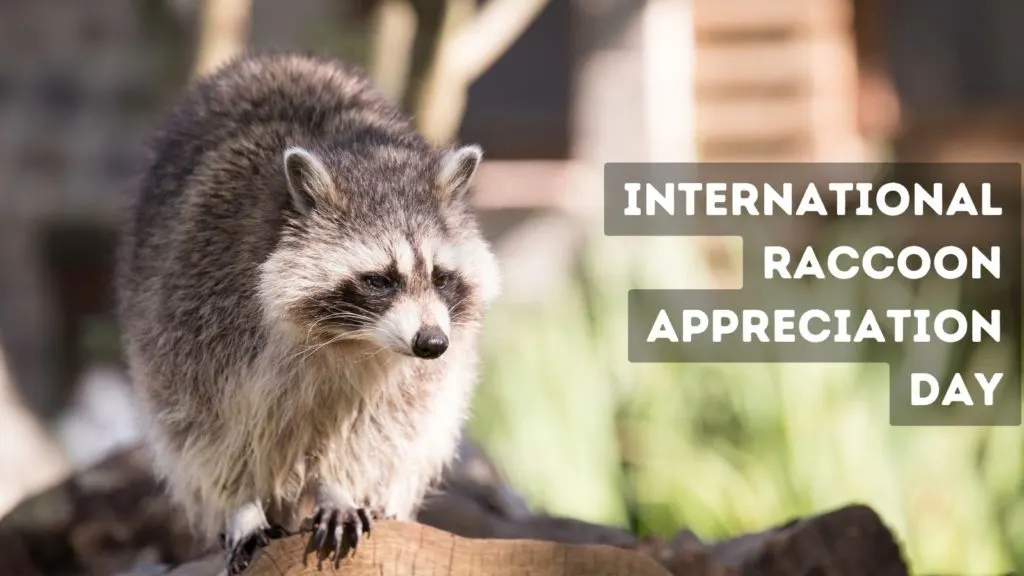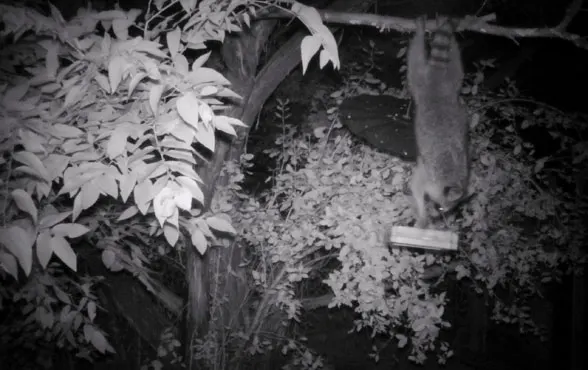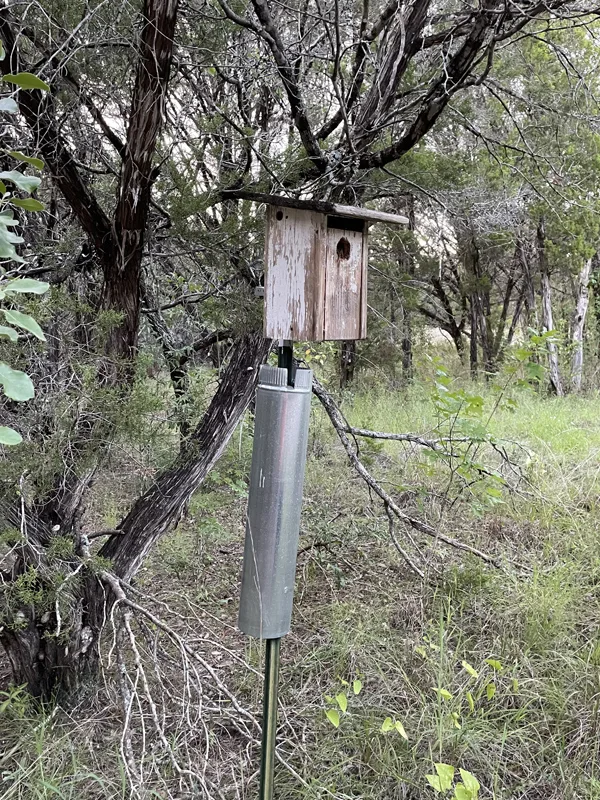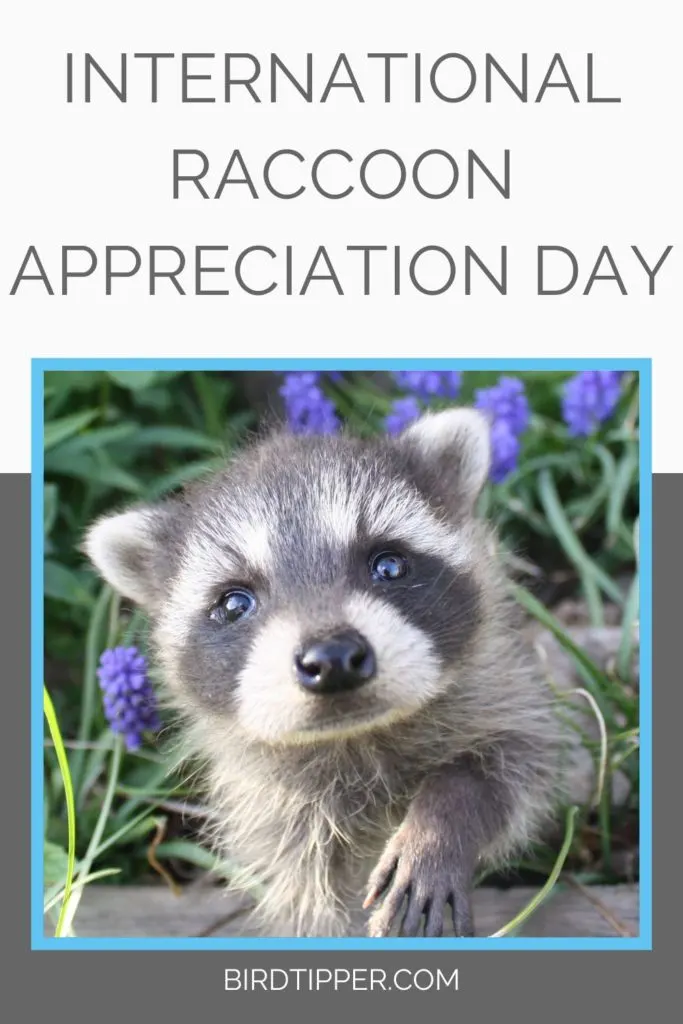Every October International Raccoon Appreciation Day appreciates the intelligence and resourcefulness of these cute little creatures. Along with raccoons, this holiday also recognizes opossums, badgers, skunks and other animals often considered “pests.”

When is International Raccoon Appreciation Day?
International Raccoon Appreciation Day (IRAD) is celebrated every year on October 1. The wildlife holiday was created in 2002 by a young girl in California who wanted to draw attention to these urban animals.
IRAD is meant to spread knowledge and open the minds of people to the value of all animals. It’s goal is to prevent the destruction of habitat and diversity through education in an enjoyable manner.
IRAD
Why do bird watchers consider raccoons a pest?
Raccoons are considered a pest by bird watchers because they will steal eggs and young birds from nests–and eat bird seed in feeders.
In urban areas, raccoons will also raid garbage cans in search of food. Raccoons are nocturnal animals, so they are most active at night which can make them difficult to spot and deter.
How can you keep birds safe around raccoons?
First, bring in food at night–or make sure you only put out enough for for the day.
We have a raccoon population here at our house (as well as other wildlife often considered “pests”: opossums, foxes, squirrels, coyotes, bobcats and porcupines).
We’ve had raccoons carry off suet blocks so we’re careful to bring those in at night; we carefully measure the bird seed so there’s enough to feed throughout the day but the feeder will be empty at night.
Next, safeguard the feeders with baffles. Metal baffles beneath the feeder will prevent raccoons from scaling the pole. B
Be sure the feeder is out of reach of trees so they can’t come in from above, too. A few years ago, we put a baffle above the bird feeder–but a wily raccoon managed to clutch the branch with his back feet, reach around the squirrel baffle and access the bird seed.

Now we know to make sure there’s no remaining seed at night!
As for your nesting boxes and bird houses, you’ll want to protect those with baffles as well.

A long piece of stovepipe or PVC over your nesting box prevents raccoons from scaling the pole to access the nesting box.
Another way to keep eggs and baby birds safe in the nesting box is with the use of a Noel predator guard. This is a frame of hardware cloth that allows the bird to freely come and go but prevents the raccoon (or cats) from getting close enough to the bird house to reach their arm into the house.
What are some interesting facts about raccoons?
- A raccoon’s paw pads are very sensitive and can help the animal identify food and prey even in complete darkness.
- Despite popular belief, raccoons do not wash their food before eating it. Instead, they use their nimble paws to feel for objects in the water. Water makes their hands even more sensitive.
- A raccoon’s hands are 10 times more sensitive than our own.
- Raccoons have excellent night vision and can see three times better than humans in low light conditions.
- Baby raccoons are called kits.
Is there a name for a group of raccoons?
A group of raccoons is called a “nursery” or a “gaze.”
Do you have fond memories of seeing a little raccoon in your yard ? Or perhaps you’ve had the unfortunate experience of having your bird feeder raided by one of these clever critters.
Either way, there’s no denying that raccoons are fascinating creatures. So take a moment today to appreciate these interesting animals who, like all wildlife, play a vital role in our ecosystem.
Pin it to remember International Raccoon Appreciation Day

- Can Hummingbirds Predict Hurricanes? - May 11, 2024
- Can Grackles Be Dangerous to Your Dog? - October 13, 2022
- How to Make Eggshell Calcium for Birds - September 25, 2022
